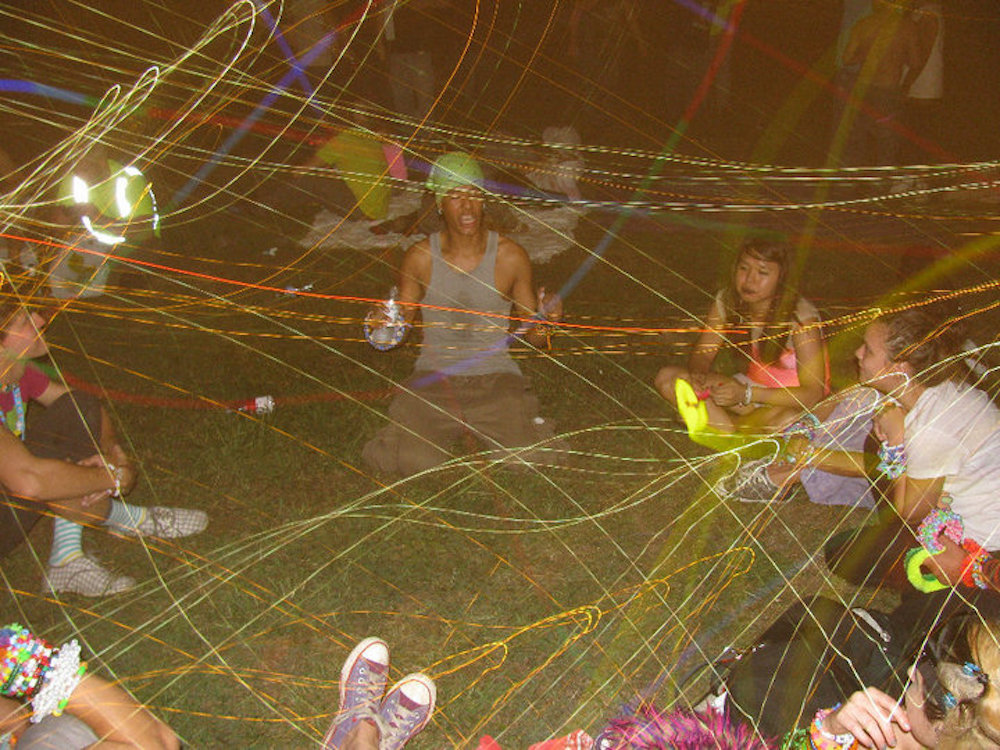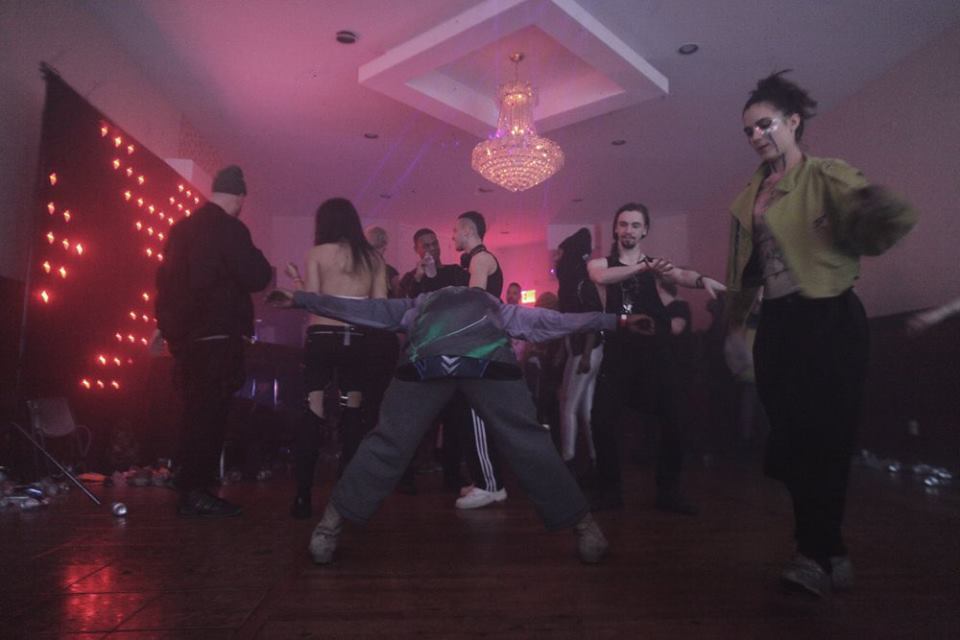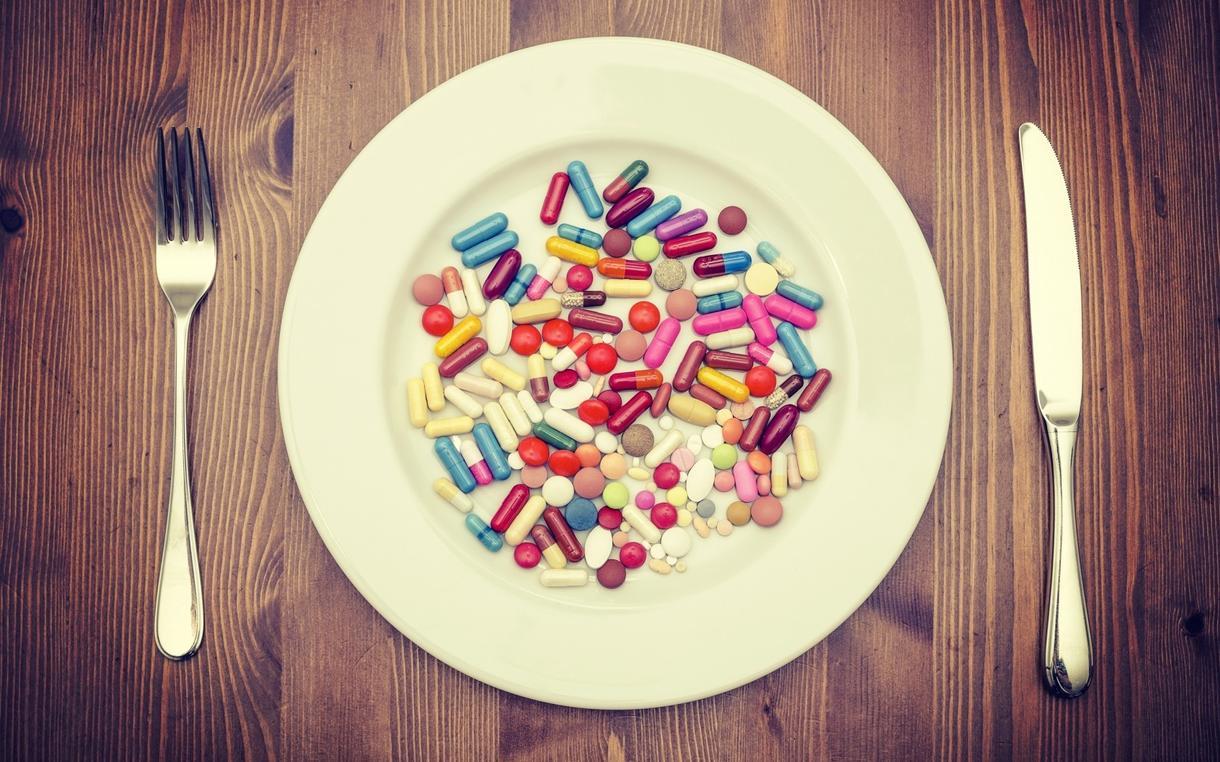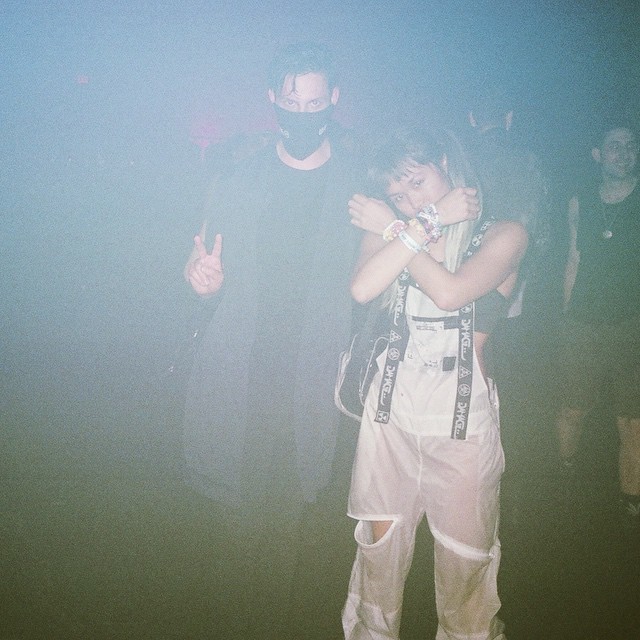Nightlife doesn’t need drugs to thrive, but they’re pretty good sisters. You could argue that every musical revolution worth giving a fuck about can be traced to whatever drug that generation was getting loaded on at the club. Listen to how hazy marijuana coils through the heady notes and cool tones of 20s and 40s jazz; how acid picked up rock & roll and flipped it sideways in the 60s; how 90s rave pounds like a heartbeat racing on ecstasy. Arthur Baker once told me that many 80s synth pop songs have their mids and highs cranked up because that’s what yakked out people liked to hear. As VICE writer Clive Martin put it, “Kraftwerk may have brought the synths, Jesse Saunders may have brought the beat, but Sasha Shulgin brought the feeling.” And if you’ve ever found yourself under a disco ball with a blotter stuck under your tongue, you know that once you’ve tasted that freedom, you’re hooked.
Despite decades of fear-mongering and racially targeted policing, drugs remain America’s greatest muse. That’s because, more than tickets to reckless hedonism or chemical masturbation for your brain, the right drugs—like good raves—can be a form of radical political resistance. They rewire your neural pathways to pave new ways of thinking. They open your eyes to see past economic, gender, and racial divisions. They offer an escape hatch from your pathetic meat sack of a body, reminding you that you’re connected to a greater collective whole. Fuck going to bed at a reasonable hour to spend your days hunched in a corporate cage, your druggie inner voice whispers. Stay out late, and let your self-obsessed ego dissipate on the dancefloor.
Videos by VICE
I took my first ecstasy pill when I was 16 in Singapore. A skeevy skater who said he was awaiting trial for selling drugs—a crime punishable in that country by the death penalty—gave them to me because he had a crush on my friend. She and I took one each, tentatively. The skater flicked five into his mouth like jellybeans and got so fucked up he started flirting with lamposts. We spent the night dancing to hardstyle on the beach, Showtek’s “Fuck the System” blaring through his cellphone.

The author at a rave in Coney Island in 2010
Drugs and raving became my pet obsessions. Experience teaches you chemical precision, and I concocted drug cocktails like a mixologist: ketamine as a garnish, never a main. Alcohol at the end, never mixed with opiates. G only if I had a dropper. Weed as the base, always. I hated being called a “party girl,” but then I’d find myself waking up at 6 AM after oversleeping a disco nap, rolling up to the warehouse party, washing down a breakfast of oatmeal and ecstasy with Starbucks coffee outside, and thinking to myself, OK, maybe this isn’t normal?
I charged through weeks on the classic New Yorker combo of adderall, cocaine, caffeine, nicotine, and weed, while spending my nights in on-again, off-again love affairs with raver essentials like MDMA and ketamine. When I needed a cleanse, I’d pop a couple tabs of acid. My life was lit, but I was falling into the classic addict spiral: one drug to lift me up, another to go sideways, one to come down, repeat. I was getting reckless, scarfing down stupid combinations like oxycontin and ketamine—I don’t even like downers!—all at once as if I was a kid who just saw sniffer dogs in the security line of an EDM festival. My system was always running on something, and I developed a weird obsession with the idea that if there was an apocalypse, no one would want to eat me because my blood would taste like shit.
I knew I had to stop, but I didn’t know how.
I heard about Sober January last year through my friends The Carry Nation, stalwarts of the New York LGBTQ rave scene who, like many of the best DJs, party as hard as they play records. At some rave, I asked them to explain how they’ve avoided the dangers of partying for a living for decades, such as physical ruin, mental breakdown, poverty, or, god forbid, children. They leaned in and said that one of their secrets is to go sober at the start of every year. Giving up drugs and alcohol for a month gives your body a chance to reboot, they conspiratorially explained, and prove that it’s you, not the chemicals, in control.
If you took away my spliffs and little plastic vials of white powder, would I find myself sad, fat, and alone?
Control is a funny thing when it comes to drugs. While casual users treat drugs as tools for temporary escape—a way of letting go—we use them to hack our bodies and regulate our physical and emotional states. We mix and match substances to cheat our Circadian sleep cycles, and defeat biology itself. Yet, the reason why I was spiraling into a strung-out wastoid was because of a lack of self-control. I couldn’t say no to my insatiable appetite for fun—something Freud, and Janet Jackson, called the “pleasure principle.”
As soon as I committed to Sober January this past December, I worried about what kind of gunk would rise to the surface from the bowels of my subconscious. Would I turn into a quivering mess of anxiety without the panacea of marijuana, a sleepy sloth without the electric fizz of stimulants? If you took away my spliffs and little plastic vials of white powder, would I find myself sad, fat, and alone?

A chicken shop rave thrown by the author on her birthday
On New Year’s Day, I gave my last joint a goodbye kiss, smoked it, and fell asleep. When I woke up, I scooped all my pipes, rolling papers, vapes, cigarettes, bottles of pills, aluminum-wrapped blotters, plastic baggies of powders, and random crumbs of god-knows-what into an overflowing bag, and hit it behind the couch. My only guilty pleasure: caffeine.
The first week of sobriety is the easiest. I started sleeping like a baby and stopped eating like a crackhead. Food replaced joints as my main source of stress-relief. A fuck buddy probably would have been better for my waistline, but the funny thing about sobriety is that it’s both easier and harder to get laid. Easier because you have almost zero chance of accidentally sleeping with someone you’ll regret. Harder because you have almost zero chance of accidentally sleeping with someone you’ll regret. (The only person I hooked up with at a club, funnily enough, was also sober.) My dating life didn’t exactly become more plentiful, but it did get less stressful without the impulsive mania of drug lust.
Over the weekends, I abandoned all the fucks I used to give about missing out on a good party, ripped up my crazy five-parties-a-night rave schedule, and blew the pieces into the wind. Following my own internal rhythms rather than the hectic pace of the city was a relief. I felt my beat-up body healing like a sensual tease.

Photo by jpavulso
By the second week of January, my head felt less cloudy, like I was emerging from a pool of swampy water I didn’t even know I was steeped in. As my thoughts unscrambled themselves, my memory became less shit. Before bed, I stopped circling through the day’s perceived embarrassments to find fresh sources of shame.
In the third week, I started going out again, and it only got tough when I knew that one hit of something would help me break that inevitable wall of fatigue. Still, my body often surprised me; in the last week of the month, I danced all night at a techno rave held in an apocalyptic abandoned factory, and didn’t get home until noon. I woke up refreshingly unburdened by guilt: I knew that I had stayed late for the music and the people—not because I’d taken a pill at 6 AM. It was empowering to know that everything I did and felt came from me.
At the end of the month, I realized that while I was afraid that sobriety would make me miserable, the opposite was true. The hard yet undeniable reality was that drugs weren’t helping me control my emotions. They were regulating the see-saw mood swings of constant comedowns, which were themselves the result of taking drugs. When I untangled myself from this messy cycle, I felt calmer and connected to my most authentic self. To put it simply, sobriety made me happier.

The author with a friend at a warehouse rave in 2016
It also made me look at clubbing in a new light. With Trump taking office and protests erupting all around me, sobriety suddenly felt like the best way to face the chaos around me, and find ways to fight back. Nightclubs will always be essential refuges where society’s most marginalized groups are able to find empowerment through each other and resist oppression. Now, more than ever, we need to use these safe spaces to mobilize, connect, and educate each other against the fascist fuckery right outside our doors.
While escapism and hedonism are vital during these anxiety-ridden times, that old hippie adage that using drugs is a form of political resistance in itself—to the tune of Timothy Leary’s “turn on, tune in, drop out”—started to sound outdated. To me, tuning out of this bugged-out reality isn’t really subversion—it’s self-care. Still, drugging myself into oblivion didn’t seem to offer concrete solutions; I realized I could fight for rave culture’s ideals of openness and inclusivity more effectively clear-eyed and sober.
I don’t think it’s a coincidence that according to a 2015 report from the Substance Abuse and Mental Health Services Administration, Generation Z—kids who are 12-22 years old right now—are getting less drunk and high than the generations before them. “There’s just too much to do,” a 16-year-old told a VICE reporter, referring to why teens see sobriety as the best coping mechanism in this fucked-up world we’ve handed to them. How do you attend a march if you’re too fucked up from partying? How are you going to call your senator if you’re slurring?
The revolution will not be tranquilized.
This post originally appeared on THUMP.
Michelle Lhooq is THUMP’s Features Editor and a reformed party girl. Follow her on Twitter.
More
From VICE
-

Photo: Ethan Miller/Getty Images -

Photo: Godong/Universal Images Group via Getty Images -

Screenshot: Nintendo

